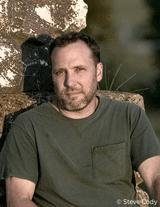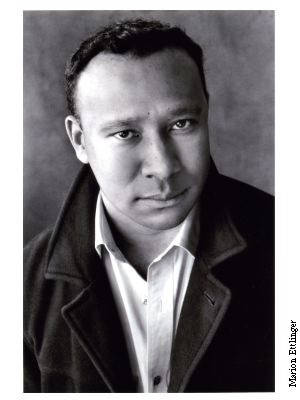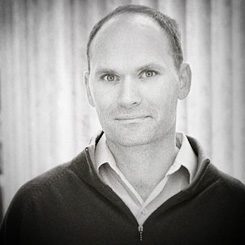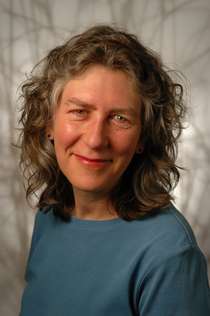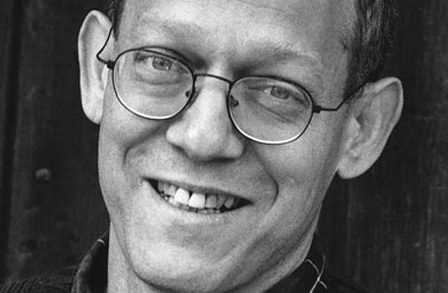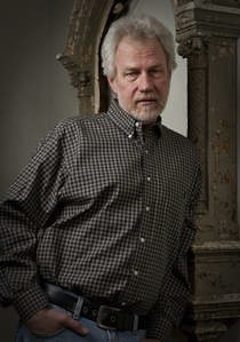Faculty member Maurice Manning’s Op-Ed piece “My Old Kentucky Conservatism” appears in the Nov. 5th issue of the New York Times.
CUTTING firewood on a recent afternoon in the woods at the back of our farm, it occurred to me that the term conservative has lost all connection to its original meaning.
The root of the word comes from the Latin verb “conservare,” which means “to keep and preserve.” It’s interesting that the origin is a verb and not a noun, a term that implies action and duty, rather than merely a stance. Other meanings suggested by conservative have to do with frugality, modesty and the preservation of tradition.
By these lights, I would qualify as a conservative. My goal in tending our 20 acres is to preserve the character and health of this land. I don’t pile chemicals on our soil; I plant our gardens on our few patches of level ground, and every fall I am careful to rebuild the soil with leaves and compost...[Keep Reading]…
Maurice is the author of The Common Man (Houghton Mifflin Harcourt, 2010).


